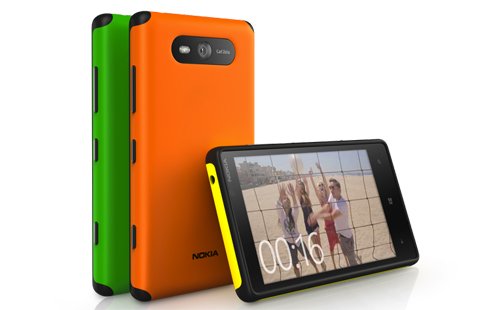
Nokia has unveiled design files that will let owners use 3D printers to make their own cases for its Lumia phones.
Files containing mechanical drawings, case measurements and recommended materials have already been released by the phone maker.
Those using the files will be able to create a custom-designed case for the flagship Lumia 820 handset.
The project makes Nokia one of the first big electronics firms to seriously back 3D printing.
In a blogpost, John Kneeland, one of Nokia’s community managers, revealed the Finnish phone maker’s decision to release the 3D drawings.
Printing in 3D involves sending a design file to a printer that then forms a solid version of that object by slowly building it up in layers of plastic. Early 3D printers could only work in one color but the latest versions can produce intricate, multicolored objects.

John Kneeland said Nokia was releasing what he called a “3D printing development kit” to help people produce the cases. The files are already available on the site Nokia maintains for its developers.
He said 3D printing was another way that the firm wanted to build links to that vast community of software and hardware engineers. To get the files, users must have registered with Nokia.
He said Nokia already used 3D printing internally to do rapid prototyping, but decided to back it more publicly to help the nascent technology realize its “incredible potential”.
In the future, he said, 3D printing was likely to bring about phones that were “wildly more modular and customizable”.
Nokia might just end up selling a phone template, he said, allowing entrepreneurs to use that to produce handsets that satisfy the particular needs of their locale.
“You want a waterproof, glow-in-the-dark phone with a bottle-opener and a solar charger? Someone can build it for you – or you can print it yourself,” he wrote.
He added that, in his view, 3D printing was a technology that justified its hype and said it was “the sequel to the Industrial Revolution”.
“However, it’s going to take somewhat longer to arrive than some people anticipate, and that may disappoint people,” he said.